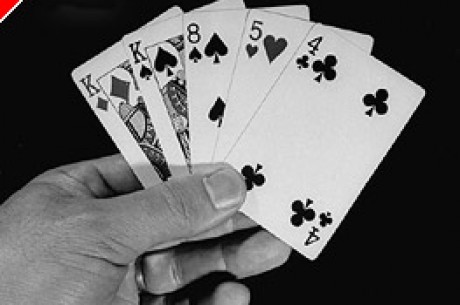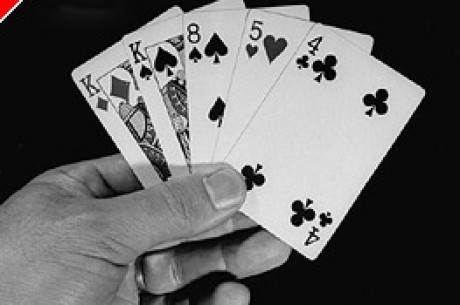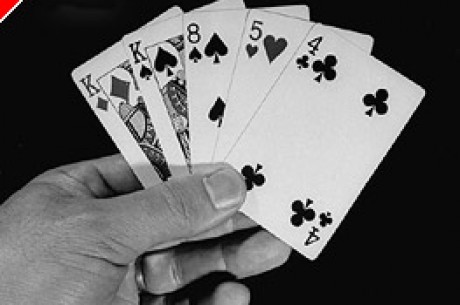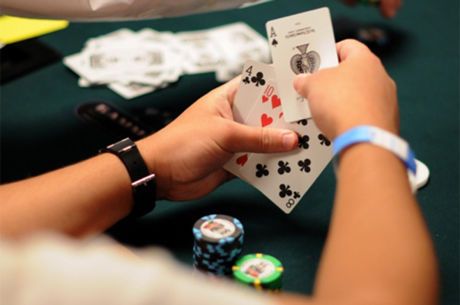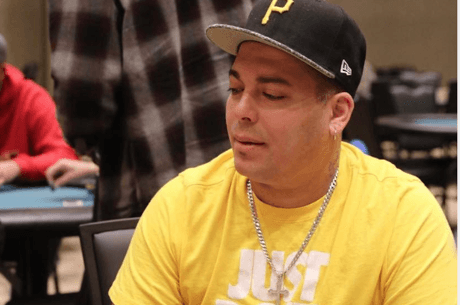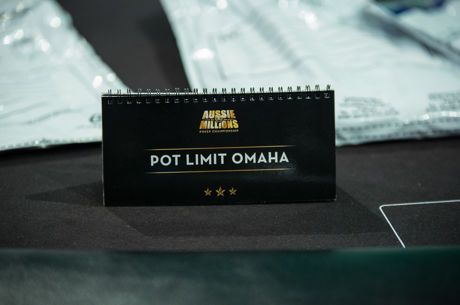Introduction to Omaha Part XIV - Pot Limit Intro
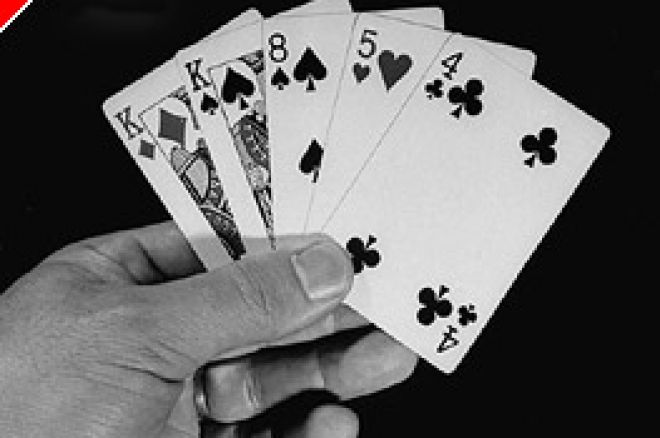
Tony is a regular on-line and card room player living in England. He mostly plays Texas Hold'em and Omaha (High and Split) at fixed, pot and no limit, at both cash and tournament tables.
Introduction
Over the past weeks, I have covered all the rudimentary basics of the game of Omaha, both High and Hi/Lo Split, including all the types of hands you are likely to face in practice. I finished off with a couple of real-time games to highlight the decisions you will face in a typical on-line game and how you should approach them. This has necessarily focussed on beginners' level limit play and you will by now hopefully have obtained some useful experience playing the low stakes limit tables.
This week, I am making our first foray into the Pot Limit arena. The transition from limit Omaha to Pot Limit Omaha is a substantial one in much the same way as limit Texas Hold'em is to No Limit Texas Hold'em. Each has its own peculiar areas of skill that are necessary to learn if the transition isn't to be a traumatic one.
How Big is the Pot?
In limit poker, each player's bet is limited to a pre-determined fixed maximum size. You know if someone raises a bet during the $2 level, his maximum bet is $4. You can then decide if you want to call or raise this bet based on the hand potential and the fact that the bet will cost you $4 compared to a pot size of, say, $20. Generally, at fixed limit, you are getting generous pot odds to call unless you are drawing very thinly.
At pot limit, you have no such stringent limitations and you will often be asked to call a large raise in the later stages of the betting rounds. Your pot odds calculations will change drastically. Like No Limit Texas Hold'em, pots will often be fought out heads up in Pot Limit Omaha because it is so often uneconomical to chase a draw. The pots in Pot Limit Omaha can and often do grow mighty quickly during a hand. Do not be fooled by the limitations enforced by pot size as, very often, players will find themselves all-in unless they are playing from a large stack of money.
In basic terms, you are free to raise a pot by the size of the pot itself which includes the bets that preceded your turn. I have looked a two different on-line platforms and it seems they operate slightly different rules for establishing the maximum bet. One I looked at regards a pot raise bet as being equal to the value of the last bet, double it, then add the pot including that last bet. For example;
Small blind = $1; Big blind = $2; First to bet calls $2
Pot = $5.
The next to bet likes his hand and would like to narrow the field to take out limpers who might connect with a hand later, so he bets the maximum. On this particular on-line platform, the pot bet would be the call value ($2) doubled ($4) plus the pot ($5) = $9 making a total pot of $14 after his bet. If the next person were then to re-raise the pot, it would now be $9 + $9 + $14 = $32. On a different site, the raises are purely the value of the pot so the bets would be $3, $6 and $12. I will take the latter example as the usual method just to keep things simple.
In any event, when playing on-line, the basis of calculating the pot is usually of no concern to you, the player. If you have a raising hand and wish to bet the pot, you simply slide the bar to the end and hit the bet button, just as you would in no limit Texas Hold'em. Either you are prepared to put up a good portion of your stack in support of your hand or you are not!
Why Pot Limit and not No Limit?
On some of the larger on-line sites, it is possible to join a game of No-Limit Omaha, as opposed to Pot Limit. However, Pot Limit is the mainstream variation as witnessed by the number of Pot Limit Omaha tournaments that have been played at the World Series of Poker. You will find that most on-line poker sites do not offer No Limit Omaha.
Omaha is typically more action-filled than Texas Hold'em and seeing a flop is central to its character. A no limit game will often descend into a lottery with someone going all-in every hand, sometimes before the flop. The pot limit mechanism acts as a safeguard on this tendency and ensures that a flop is seen every time unless the pot is raised and re-raised before the flop causing all entrants but one to be all-in.
There is a greater skill element in Pot Limit Omaha which gives it its very own area of expertise requiring a greater understanding of strategy, yet is flexible enough to ensure that any action hands see plenty of large pots. Consequently, many top professional players are better known for their Omaha prowess than Texas Hold'em.
What can I expect the first time?
If my own experience is a guide, you can expect to pay two or three quick visits to the Pot Limit table coming away each time with nothing but a memory! It is a fierce environment and not for the faint-hearted. In my opinion, on-line action at a Pot Limit Omaha table is hotter than a No Limit Texas Hold'em table. This comes about because the nature of Omaha hands is such that more players will bet what they perceive to be a strong hand. This is a fundamental error that I have previously discussed and mentioned repeatedly throughout the earlier articles when considering Limit poker. Nothing in hand valuation really changes at Pot Limit except the betting approach.
The difference in Pot Limit Omaha is that carelessness will be cruelly exposed. The atmosphere at a Pot Limit Omaha game is also heightened because there will often be a maniac or more controlled aggressive player on the table. It will not take long to recognise such a person as he pot-raises pre-flop most hands. It is then up to you to be prepared to return the aggression when you have the hands or find a quieter table.
Despite these shocks to the system on first playing Pot Limit Omaha, you should not forget everything you have learned playing Limit Omaha. The game is the same but the psychology is very different.
Conclusion
The attraction of Pot Limit Omaha is a simple one - there is a lot to be won. The nature of Omaha is such that it attracts the action junkies many of whom are not great readers of the game. Indeed, they like to crank up the pot to remove limpers and weak players with less than premium hands and leave the way clear to clean up. Not every game has these players but they are around. The luck element in Omaha is relatively high when big money clashes putting one or more players all-in. Nonetheless, if you are on top of your game, you should make a profit in the longer run.
Next time, I will consider some pre-flop issues to think about when you sit down to your first game of Pot limit Omaha. Before doing so, please be absolutely certain you are confident of making money at the fixed limits. If you wish, please go back over some of my articles here.
Exorcism
6 July 2005
Ed Note:Win six consecutive six handed $20 sit n goes at Noble Poker and you win $25,000

